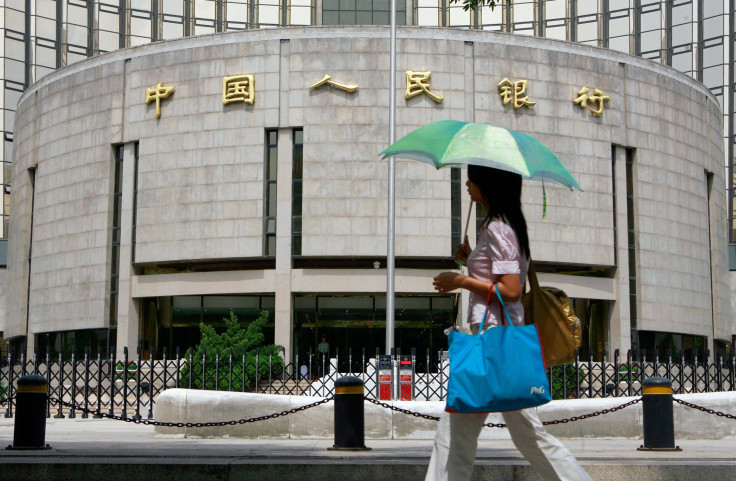China Reports Fresh Batch Of Weak Economic Data Even As Policymakers Hold Fire On Stimulus

Two of China’s key economic indicators — retail sales and industrial production — came in weaker than expected Saturday.
Combined data for the months of January and February, released by China’s National Bureau of Statistics, showed that industrial output growth cooled to 5.4 percent — below analysts’ expectations of 5.6 percent on an annual basis and down from December’s 5.9 percent rise. It also marks the slowest yearly rate of growth in industrial production since November 2008, underscoring the challenges policymakers face in revving up the country’s industrial engines.
Meanwhile, growth in retail sales, a key gauge of domestic consumption, dropped to 10.2 percent — the lowest level since May 2015. Analysts had forecast that the figure would rise 10.8 percent on an annual basis after a rise of 11.1 percent in December.
However, another crucial driver of China's economy, fixed-asset investment, rose 10.2 percent in the first two months of 2016 from a year earlier, beating analysts' expectations of 9.5 percent.
The data for January and February was combined in an attempt to smooth out anomalies that may have occurred during the weeklong Lunar New Year holiday in early February, when most companies shut down operations.
The weak data is likely to build pressure on Chinese policymakers to further ease monetary policy to cushion a slowdown that has cast doubts over the government’s growth target of 6.5 to 7 percent for this year. In 2015, the world’s second-largest economy expanded at 6.9 percent — its slowest pace in 25 years.
Speaking at a press conference Saturday, Zhou Xiaochuan, governor of the People’s Bank of China, said that the bank would maintain a “prudent” monetary policy, barring any international and domestic “shocks.”
The central bank has already cut interest rates six times since November 2014 and has also slashed the amount of cash banks must hold as reserves.
“If there are big changes in domestic and global environment, we will keep the flexibility in monetary policy to counter shocks,” Zhou said. “It's not necessary to take excessive stimulus to achieve the [growth] target.”
© Copyright IBTimes 2024. All rights reserved.





















